Optimal Timing for Stucco Service
Scheduling stucco service at the optimal time ensures proper adhesion, curing, and durability. The ideal period is during mild weather conditions with low humidity and stable temperatures, typically in late spring through early fall. These conditions prevent issues like cracking or improper curing that can occur in extreme heat or cold.
This season offers moderate temperatures and lower humidity, ideal for stucco application and repairs.
Warm days and cooler nights help stucco cure properly, reducing the risk of defects.
Cold temperatures can hinder curing, while extreme heat may cause cracking and surface issues.

Ways to make Stucco Service work in tight or awkward layouts.
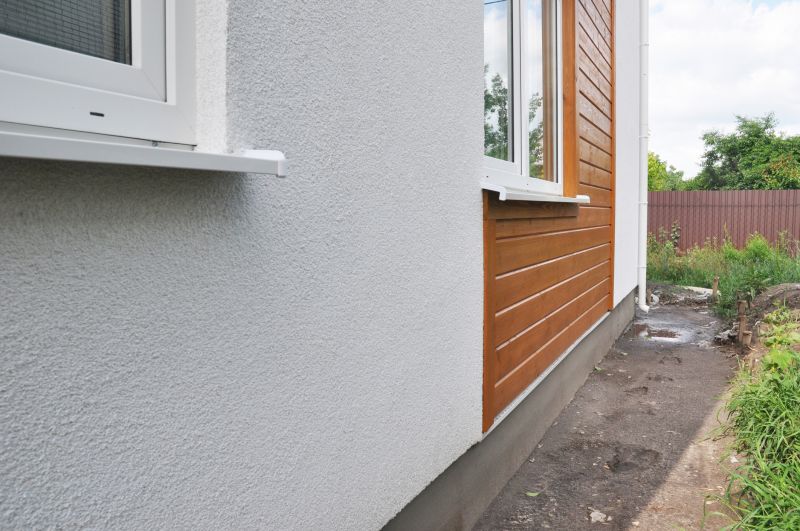
Popular materials for Stucco Service and why they hold up over time.
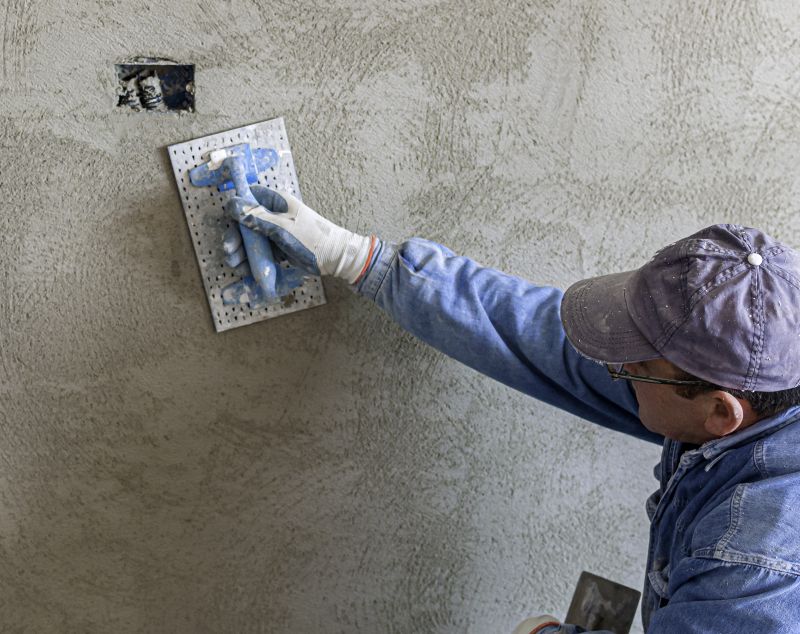
Simple add-ons that improve Stucco Service without blowing the budget.

High-end options that actually feel worth it for Stucco Service.
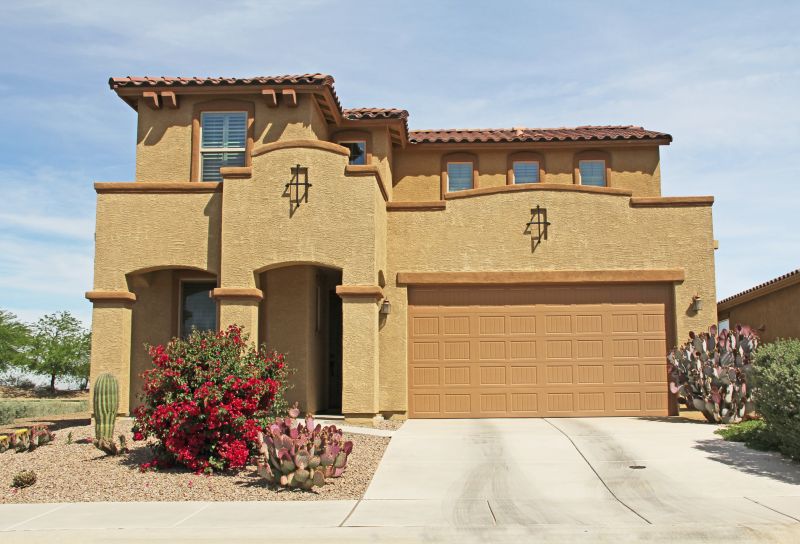
Finishes and colors that play nicely with Stucco Service.
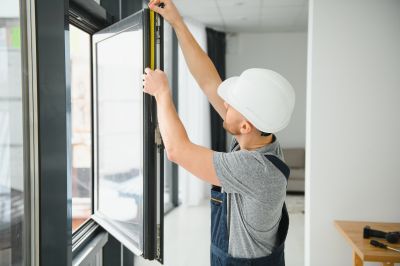
Little measurements that prevent headaches on Stucco Service day.
Stucco service involves the application and maintenance of a durable exterior finish that enhances the aesthetic appeal and protects building structures. Proper timing aligns with weather patterns to ensure the material adheres correctly and cures evenly. Regular inspections and repairs help maintain the integrity of stucco, preventing water intrusion and structural damage.
Statistics indicate that scheduling stucco work during favorable weather can extend its lifespan, with proper application increasing durability by up to 30%. In regions like Hampton, VA, timing the service during spring and fall minimizes issues related to temperature fluctuations and moisture exposure, leading to better long-term results.
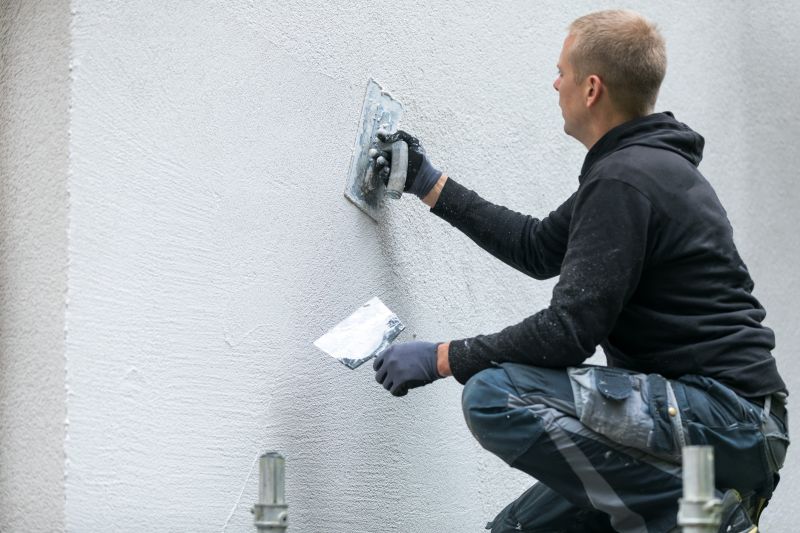
A 60-second routine that keeps Stucco Service looking new.
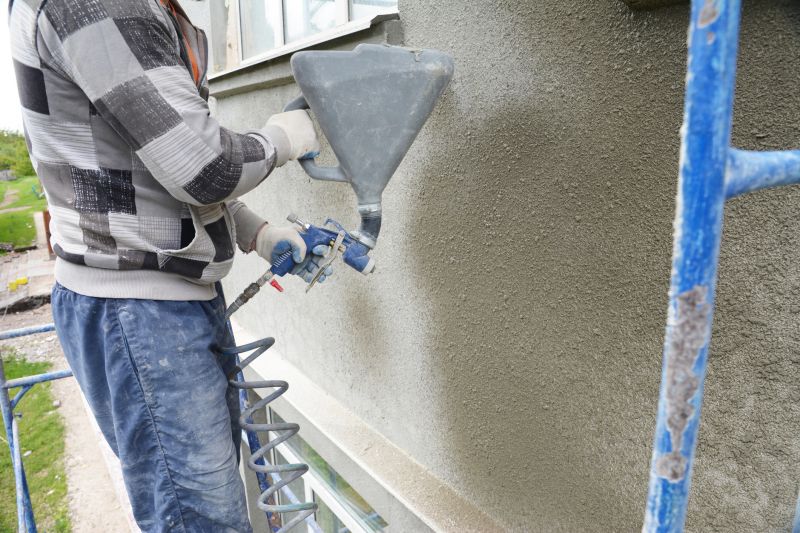
A frequent mistake in Stucco Service and how to dodge it.
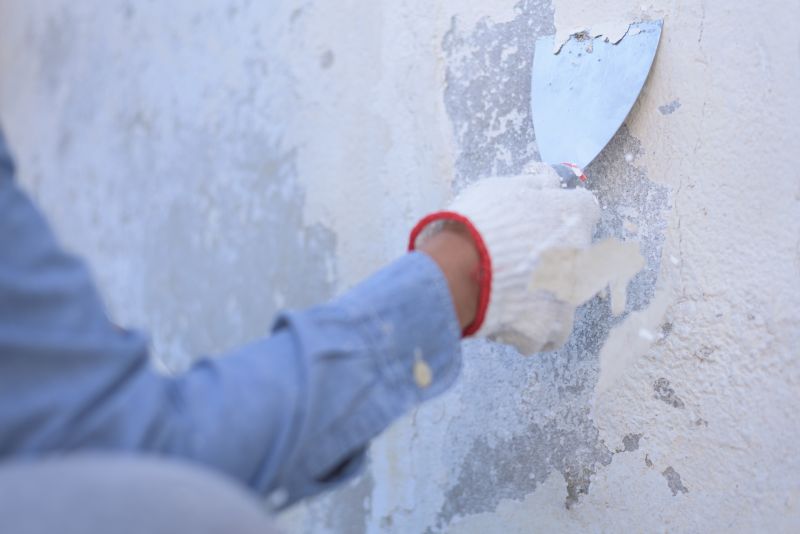
Small tweaks to make Stucco Service safer and easier to use.
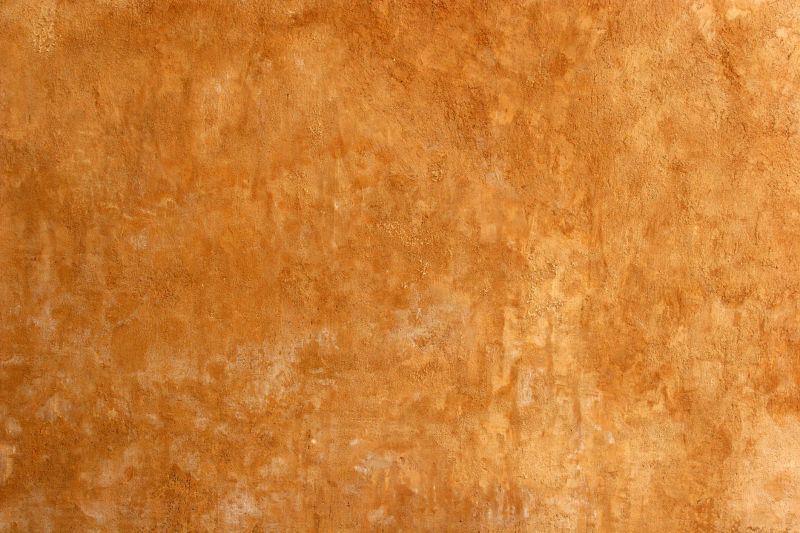
Lower-waste or water-saving choices for Stucco Service.
| Season | Ideal Conditions |
|---|---|
| Spring | Mild temperatures, low humidity |
| Early Summer | Warm days, stable weather |
| Late Summer | Optimal curing conditions |
| Early Fall | Cooler nights, dry weather |
| Winter | Cold temperatures, not recommended |
| Peak Summer | High heat, risk of cracking |
Filling out the contact form can help determine the best timing for specific stucco projects. Proper scheduling based on seasonal weather patterns enhances the quality and longevity of the finish, ensuring that the investment in exterior surfaces provides lasting value.

